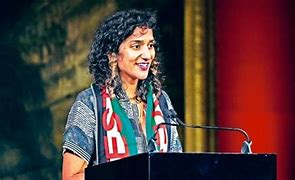Context
Indian-origin Scottish artist Jasleen Kaur has won the prestigious Turner Prize 2024 for her exhibition, “Alter Altar”, that reflects on plurality, personal and political themes.
More on News:
- Kaur was praised for gathering “different voices through unexpected and playful combinations of material”.
- This year marks the 40th anniversary of the prize. The other shortlisted artists included Pio Abad, Claudette Johnson and Delaine Le Bas.
- Apart from J. Kaur, Indian-origin British artist Anish Kapoor won the prize in 1991. He became the first living artist to have a solo exhibition at the Royal Academy of Arts in London in 2008
- His work is also featured in Britain’s newly designed passport, in 2016, he controversially acquired the exclusive rights to the Vantablack pigment, considered to be the world’s “blackest black”
About Turner Prize:
- The prize was introduced in 1984, named after the English painter J. M. W. Turner.
- They were formed to promote greater interest in contemporary art. They believed that Britain should have its own visual arts award, similar to the Booker Prize.
- The Turner Prize is given to a British artist, where ‘British’ refers to either an artist primarily working in Britain or one born in Britain but working internationally.
- The prize emphasizes the artist’s recent contributions to British art rather than their lifetime achievements.
- £25,000 goes to the winner and £10,000 each goes to the other shortlisted artists.
- The prize has no age limit, but this wasn’t always the case. In 1991–2016 the prize had an age limit of 50.
- This has played a crucial role in showcasing the work of emerging artists. The removal of the age restriction acknowledges that artists can have a breakthrough at any stage of their career.

